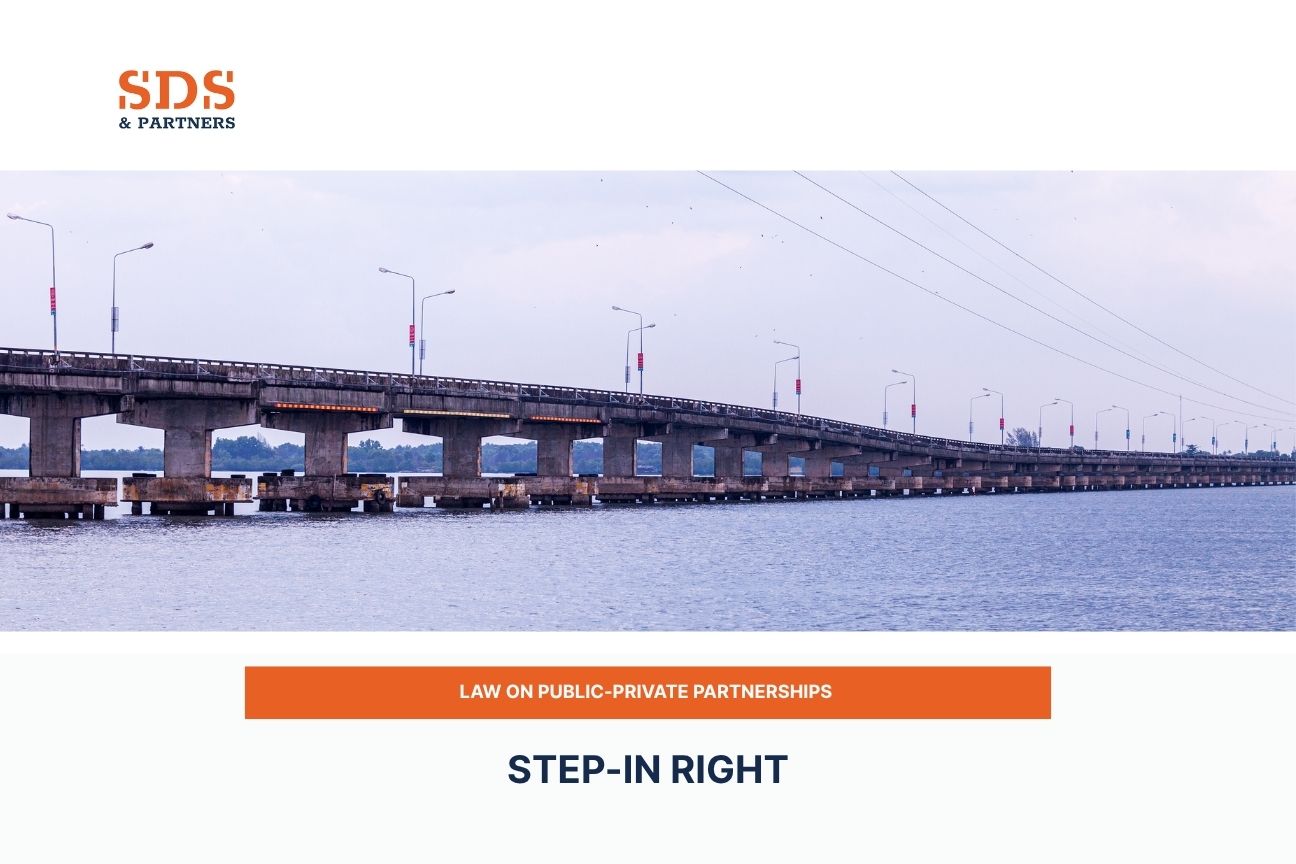“Water, road, electricity, and people” has been a key focus of the Government in developing Cambodia. For many decades, Cambodia has prioritized its energy sector, investing significant effort and resources to improve access to power supply for its population. Key progress is reflected in the power grid reaching a very large part of the country. Concurrently, Cambodia is also focusing on developing other critical infrastructure, particularly in the transportation sector, to support its goal of becoming a high-income country by 2050.
The development of public infrastructure in Cambodia is subject to, among anything else, the Law on Public-Private Partnerships, which has replaced the long-adopted Law on Concessions. This new law provides for various forms of investment in public infrastructure, facilitating more diverse and effective partnerships between the public and private sectors. Additionally, as a member of the Paris Agreement, Cambodia has demonstrated its commitment to addressing climate change, and the development of infrastructure will further nurture this commitment by promoting sustainable growth and reducing environmental impact.
Our dedicated team has advised on key infrastructure projects in the past, including the water treatment plant, power plant, solar project, and dry port. With the new Law on Public Private Partnerships, we have been requested to advise on the impacts of this law on the concession projects previously operated under the abolished Law on Concession.
Our areas of expertise include:
- Public Private Partnership-Concession
- State guarantee
- Incentives for infrastructure development
- Bankability of the documents
- Social and Environmental requirements
- Approval documents
- Renewable energy
- Power Purchase Agreement

















